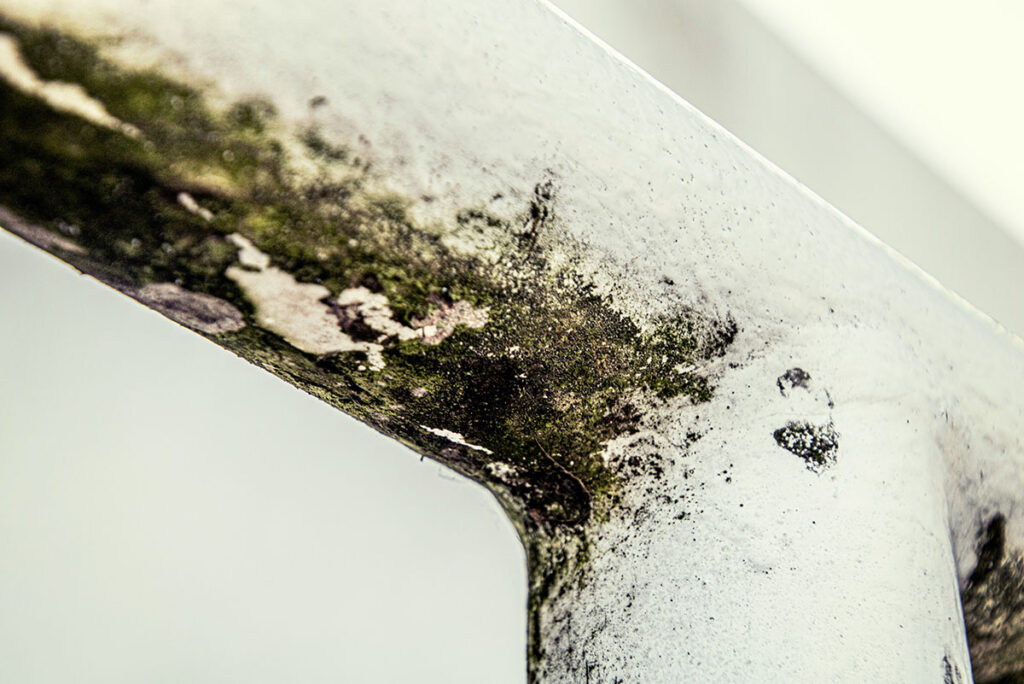WHO Guidelines Indoor Air Quality Microbial Compliance Testing
The World Health Organization (WHO) guidelines on indoor air quality and microbial compliance testing provide a framework to ensure that the air we breathe indoors is safe, healthy, and free from harmful microorganisms. This service focuses on evaluating indoor environments for microbial contaminants in accordance with WHO standards.
Our laboratory utilizes advanced methodologies and cutting-edge technology to conduct thorough analyses of indoor air samples. We employ ISO 14698-2:2017 and EN ISO 15806:2013 guidelines, which are internationally recognized for their precision in quantifying airborne microorganisms.
The testing process begins with the collection of air samples using specialized devices designed to capture viable and non-viable particles. Specimens are then analyzed under controlled conditions that mimic real-world environments. This allows us to provide accurate and reliable results, ensuring compliance with WHO guidelines and other relevant international standards such as ASTM E2745-18.
Our team of experts ensures that every aspect of the testing process adheres strictly to stringent protocols. From sample collection through analysis and reporting, each step is meticulously documented to maintain transparency and traceability. This approach not only enhances reliability but also facilitates easier tracking and auditing by regulatory bodies.
The significance of this service cannot be overstated, especially in sectors where indoor air quality has a direct impact on human health, such as healthcare facilities, schools, offices, and residential buildings. By adhering to WHO guidelines, organizations can protect their occupants from exposure to potentially harmful microorganisms, thereby promoting healthier living conditions.
We understand that maintaining compliance with these standards requires continuous monitoring and adaptation to emerging threats. Our laboratory stays abreast of the latest research and developments in microbiology and indoor air quality, ensuring our methods remain current and effective.
Our comprehensive testing services include a range of microbial indicators such as mold spores, bacteria, fungi, viruses, and other potential pathogens. These tests help identify sources of contamination and provide actionable insights for mitigation strategies.
Benefits
- Enhanced Safety: Ensures that indoor environments meet the highest safety standards, protecting occupants from harmful microorganisms.
- Regulatory Compliance: Helps organizations comply with WHO guidelines and other relevant international standards, avoiding potential penalties or legal issues.
- Data-Driven Decisions: Provides reliable data for informed decision-making regarding indoor air quality management.
- Improved Reputation: Demonstrates a commitment to maintaining high-quality environments, enhancing the reputation and trustworthiness of your organization.
- Cost Savings: Identifies and addresses issues early, preventing costly remediation efforts down the line.
- Healthier Workforce: Reduces absenteeism and healthcare costs associated with indoor air quality-related illnesses.
International Acceptance and Recognition
The World Health Organization's guidelines on indoor air quality are widely accepted and recognized across the globe. Compliance with these standards is not only a matter of health but also an indicator of good corporate citizenship.
Our laboratory has been accredited by several reputable bodies, including ISO/IEC 17025:2017, ensuring that our testing methods meet the highest international standards. This accreditation guarantees the accuracy and reliability of our results.
We work closely with various industries, including healthcare, education, hospitality, and residential development, to ensure that they maintain indoor air quality in accordance with WHO guidelines. Our clients benefit from this expertise by staying ahead of regulatory changes and best practices.
Competitive Advantage and Market Impact
By adhering to WHO guidelines for indoor air quality microbial compliance testing, organizations can gain a competitive edge in their respective markets. In sectors where indoor environments significantly influence customer satisfaction and employee productivity, such as hospitality and office spaces, this service becomes an essential differentiator.
Our clients enjoy enhanced market reputation due to our rigorous testing processes and commitment to quality. This translates into increased trust from customers and stakeholders, which can lead to better business relationships and long-term partnerships.
In addition, compliance with international standards positions organizations as leaders in environmental responsibility. This can attract environmentally conscious consumers and investors who value sustainability and health-conscious practices.





